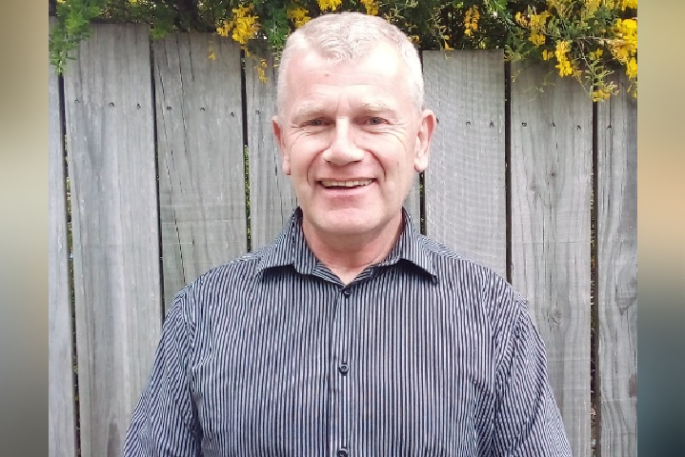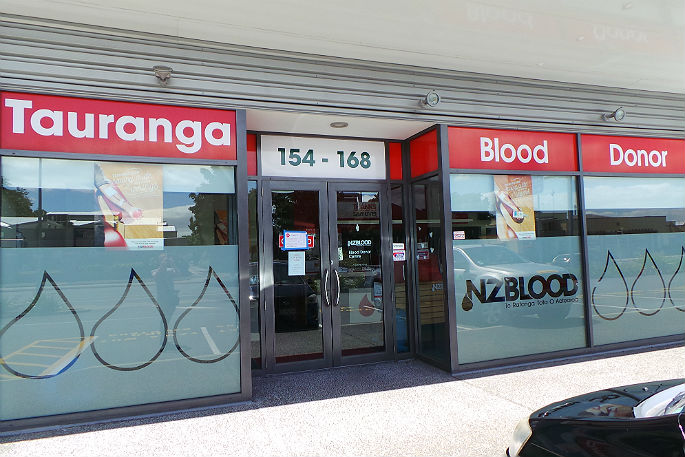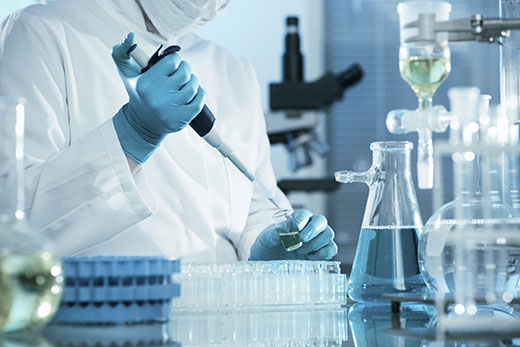Tauranga resident Ford Saunders is just one of 115,000 blood donors in NZ who are being thanked publicly during National Blood Donor Week, which finishes on Sunday. Anyone can book in to donate by calling 0800 GIVE BLOOD.
"I started donating blood when I was in high school because they would come and see us," says Ford who donated his first unit of blood in 2005 at Waitakere College.
So far, he has donated blood or plasma 32 times.
Just one of his donations has the potential to save up to three lives, so this means Ford has potentially helped save up to nearly 100 lives.
It's estimated that every 18 minutes somewhere in New Zealand someone needs lifesaving blood or plasma.

Ford Saunders donating plasma at the Tauranga blood transfusion centre. Photo: Supplied.
While every whole blood donation does have the potential to save up to three lives, red blood cells only have a shelf life of 35 days, and platelets which are important for helping stop bleeding, need to be transfused within seven days.
The New Zealand Institute of Medical Laboratory Science is putting its full support behind National Blood Donor Week which runs until Sunday June 18.
"Most people are probably unaware, but we have specialist medical laboratory scientists and technicians, and expert donor nurses all working together to provide this vital service for all New Zealanders." says NZIMLS President Terry Taylor.
"I call on members of the public to come forward and support the drive of the NZ Blood Service to recruit new donors."
To the over 115,000 current donors NZMLS is sending a huge 'thank you' for the generosity of what these donors are doing for those in less fortunate health situations.
"This simple act adds hope and stability to so many who are often at their most desperate need of life containing blood and plasma donations."
 New Zealand Institute of Medical Laboratory Science president Terry Taylor. Photo: Supplied.
New Zealand Institute of Medical Laboratory Science president Terry Taylor. Photo: Supplied.
After moving to Tauranga Ford continued donating blood and then started donating plasma in 2017.
"I was working just down the road from the blood donor place on Cameron Road. On the days when I finished early I could shoot down to the donor centre and get the last slot of the day," says Ford.
"I donated blood there once and then talked to them about the plasma donation, because I asked what did they need more of and what was more useful.
"They said they could use the plasma for a wider variety of things, plus I could donate that fortnightly, whereas blood donation is longer than that."
He has continued on donating plasma, in between having two children and becoming a dad.
Donating during challenging times in New Zealand
It has been a challenging time for New Zealand from the Christchurch Mosque attacks, to the Whakaari /White Island eruption and then Covid-19, but throughout it all New Zealand's blood donors have ensured that blood and blood products have been available to help save lives.
 Tauranga Blood Donor Service on Cameron road. Photo: Supplied.
Tauranga Blood Donor Service on Cameron road. Photo: Supplied.
Blood donors make up less than 4 per cent of the eligible population but provide an essential service that plays a vital role in the health of our nation, NZ Blood Service National Manager Marketing and Communications Asuka Burge said in 2019.
'Following the Christchurch mosque attacks in March 2019, 520 units of red cells, platelets, cryoprecipitate and fresh frozen plasma went directly to help save lives. In the aftermath of the Whakaari eruption, blood and blood products made up of donations from 751 donors were used to help save 12 critically injured patients," says Asuka.
'And through the Covid-19 lockdown our donor centres remained full. An amazing 15,300 Kiwis put aside personal anxiety and put their faith in our service to ensure blood was available whenever and wherever it was needed. Blood donors save lives."
National Blood Donor Week
The National Blood Donor Week is held in June as June 14 is the birthday of Karl Landsteiner, the Nobel Prize winner who discovered the ABO blood group system.
NZ Blood Service provides a critical and essential role in providing the blood products for New Zealand's most vulnerable patients.
 To donate blood call 0800 GIVE BLOOD (0800 448 325) . Photo: NZ Blood Service.
To donate blood call 0800 GIVE BLOOD (0800 448 325) . Photo: NZ Blood Service.
It is a way that members of the public can give something that is the equivalent of liquid gold for those that desperately need blood products to not only survive but also to be part of the social fabric most of us take for granted.
"From my personal experience of being a plasma donor I can think of no more rewarding role to play in the health system," says Terry.
"To have had first-hand experience in my diagnostic job with some of the sickest patients we have, to be a donor is quite frankly the least someone in my role can do to support these vulnerable patients."
"The work that the NZ Blood Service, and in particular the role of donors to the sustainable functioning of our health system, should never be underestimated.
"I encourage those who are thinking of coming forward to pop into their nearest donor centre or call 0800 GIVE BLOOD (0800 448 325) to do something that has a real positive outcome for the recipient of the liquid gold.
"Ehara taku toa i te toa takitahi, engari he toa takitini"
Success is not the work of an individual, but the work of many.
About the NZIMLS - NZ Institute of Medical Laboratory Scientists
The NZIMLS was formed in 1946 and is an Incorporated Society that represents the professional affairs of the nearly 4,000 Medical Laboratory Scientists, Technicians and other associated medical laboratory workers and industry representatives in New Zealand.
 Medical laboratory scientists crossmatch blood to ensure that people receive compatible life-saving blood, plasma and platelets. Photo; Supplied.
Medical laboratory scientists crossmatch blood to ensure that people receive compatible life-saving blood, plasma and platelets. Photo; Supplied.
The NZIMLS publishes the New Zealand Journal of Medical Laboratory Science, provides a CPD programme, an ethical framework for laboratory workers, education programmes, professional qualifications, and an advisory role to a variety of agencies and health working groups.
The NZIMLS services during the Covid pandemic expanded into providing regular media updates and addressing misinformation about medical laboratory science. The NZIMLS meets regularly with their professional colleagues and provides expert advice to working groups and organisations across the health and disability sector.
'A scientist is not the one who gives the right answers but is the one who asks the right questions”

.jpg)

0 comments
Leave a Comment
You must be logged in to make a comment.